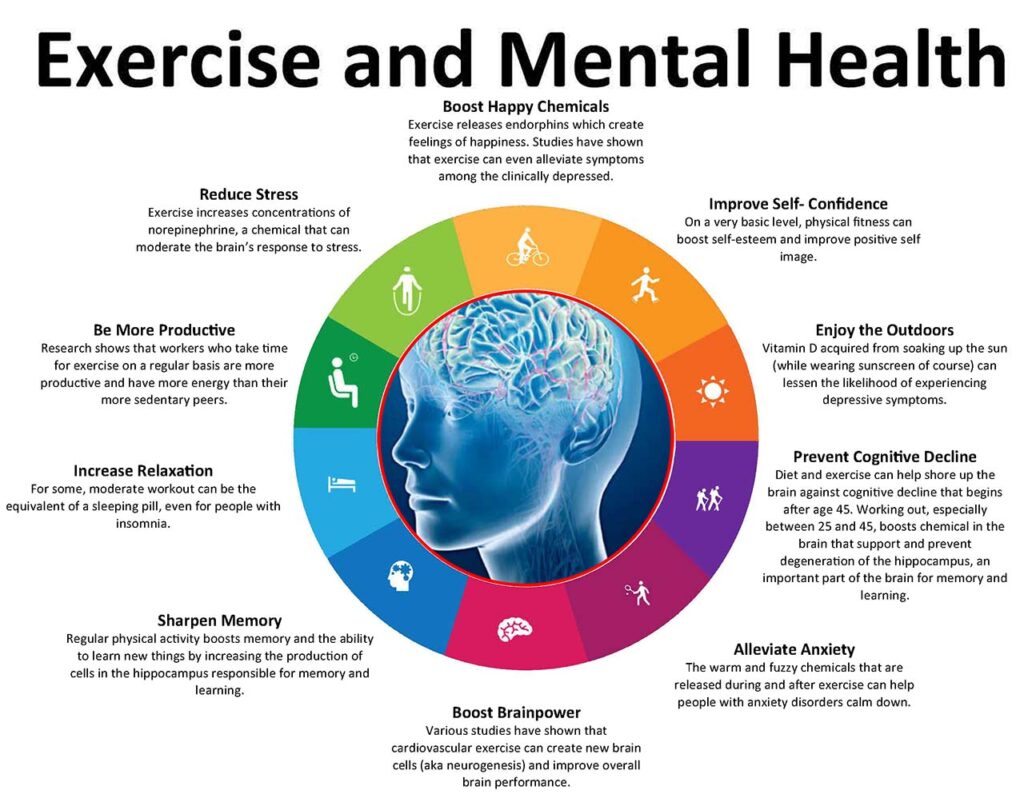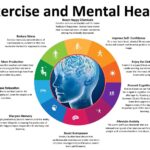Changing Jobs Is Good For Growing Your Career Skills

Why Job change is important

Job change is important for several reasons, and here are a few key points to consider:
1.Professional growth and skill development: Changing jobs allows individuals to acquire new skills, expand their knowledge, and gain exposure to different industries, technologies, or work environments. This can enhance their professional growth and make them more versatile and adaptable in the job market.
2.Increased job satisfaction: Sometimes, individuals may feel stagnant or unfulfilled in their current roles. Changing jobs can provide fresh challenges, new responsibilities, and opportunities for growth, ultimately leading to increased job satisfaction and a renewed sense of purpose in one’s career.
3.Expanded network and connections: Switching jobs often involves interacting with new colleagues, clients, and industry professionals. This can help individuals expand their professional network, establish new connections, and open doors to future career opportunities or collaborations.
4.Higher earning potential: Changing jobs can often result in a higher salary, especially if the individual has gained valuable skills and experience over time. By exploring new job opportunities, individuals can negotiate better compensation packages and improve their financial prospects.
5.Avoiding stagnation and complacency: Staying in the same job for an extended period without growth or new challenges can lead to complacency and a lack of motivation. Job changes offer fresh perspectives, new goals, and the chance to break out of a monotonous routine, which can reinvigorate professional life.
6.Broadened horizons and experiences: Switching jobs allows individuals to broaden their horizons by working in different industries, organizations of varying sizes, or even in different countries. This exposure brings diverse experiences, cultural understanding, and a broader skill set.
7.Personal and professional development: Job changes often require individuals to step out of their comfort zones, adapt to new environments, and take on new responsibilities. This can foster personal and professional development, enhance confidence, and improve resilience and problem-solving abilities.
It’s important to note that job changes should be considered thoughtfully, weighing the potential benefits against the potential challenges or risks associated with transitioning to a new role or company. However, in many cases, job changes can lead to valuable opportunities for growth, satisfaction, and advancement in one’s career.
12 things that every candidate should check before joining a new workplace
When considering a new workplace, it’s important for candidates to thoroughly assess various aspects to ensure a good fit. Here are 12 things that every candidate should check before joining a new workplace:
1. Company culture: Research the company’s values, mission, and work environment to determine if it aligns with your own beliefs and preferences.
2. Employee benefits: Evaluate the benefits package offered, such as health insurance, retirement plans, vacation policies, and other perks.
3. Growth and development opportunities: Assess the company’s commitment to employee growth through training programs, mentorship, or advancement opportunities.
4. Work-life balance: Consider the organization’s stance on work-life balance, including flexible working hours and remote work policies.
5. Leadership and management style: Look into the leadership team’s approach to management, employee empowerment, and communication practices.
6. Team dynamics: If possible, meet or interact with your potential team members to gauge their dynamics and ensure a positive work atmosphere.
7. Compensation: Understand the salary and benefits package being offered and compare it to industry standards and your own expectations.
8. Company stability: Research the financial stability and reputation of the company to ensure its long-term viability and growth prospects.
9. Company values and ethics: Assess the company’s commitment to ethical practices, social responsibility, and inclusivity.
10. Career progression: Inquire about opportunities for growth within the company, such as promotions, lateral moves, or skill development programs.
11. Workload and expectations: Understand the typical workload and expectations associated with the role to ensure it aligns with your capabilities and preferences.
12. Employee feedback and reviews: Seek out employee reviews, testimonials, or feedback on websites like Glassdoor to gain insights into the workplace culture and employee experiences.
By thoroughly evaluating these aspects, candidates can make informed decisions about joining a new workplace and increase the likelihood of a positive and fulfilling professional experience. Jobs


 English
English 

























